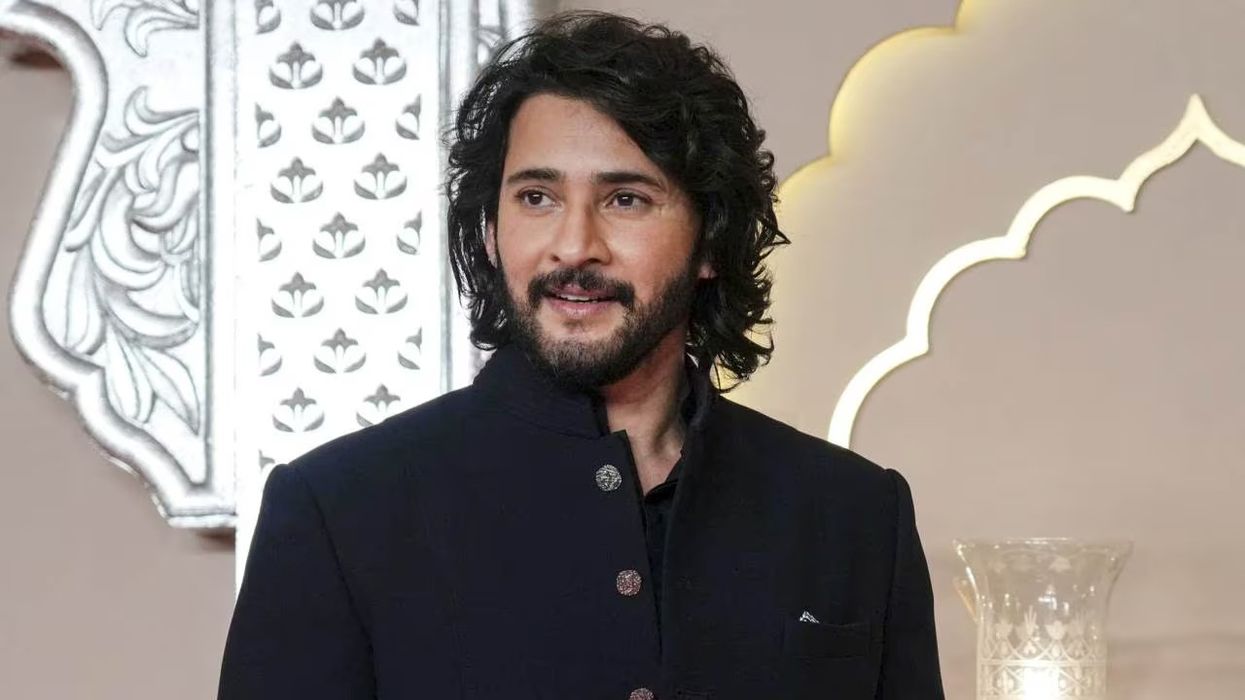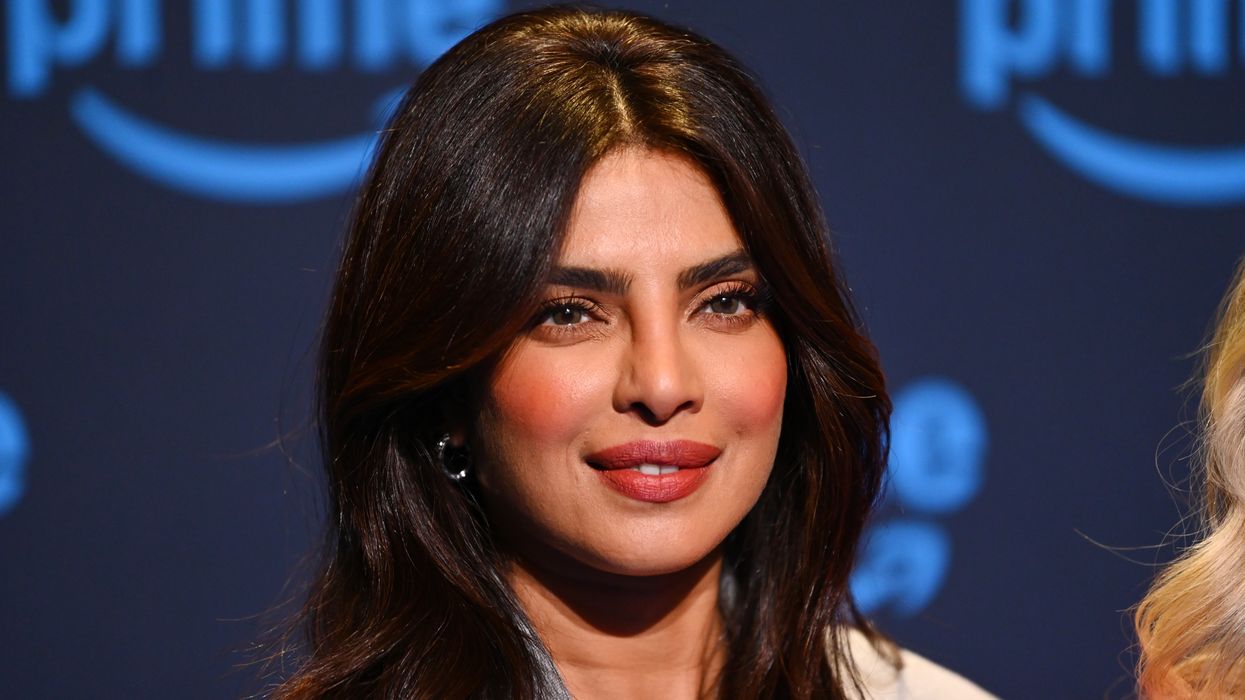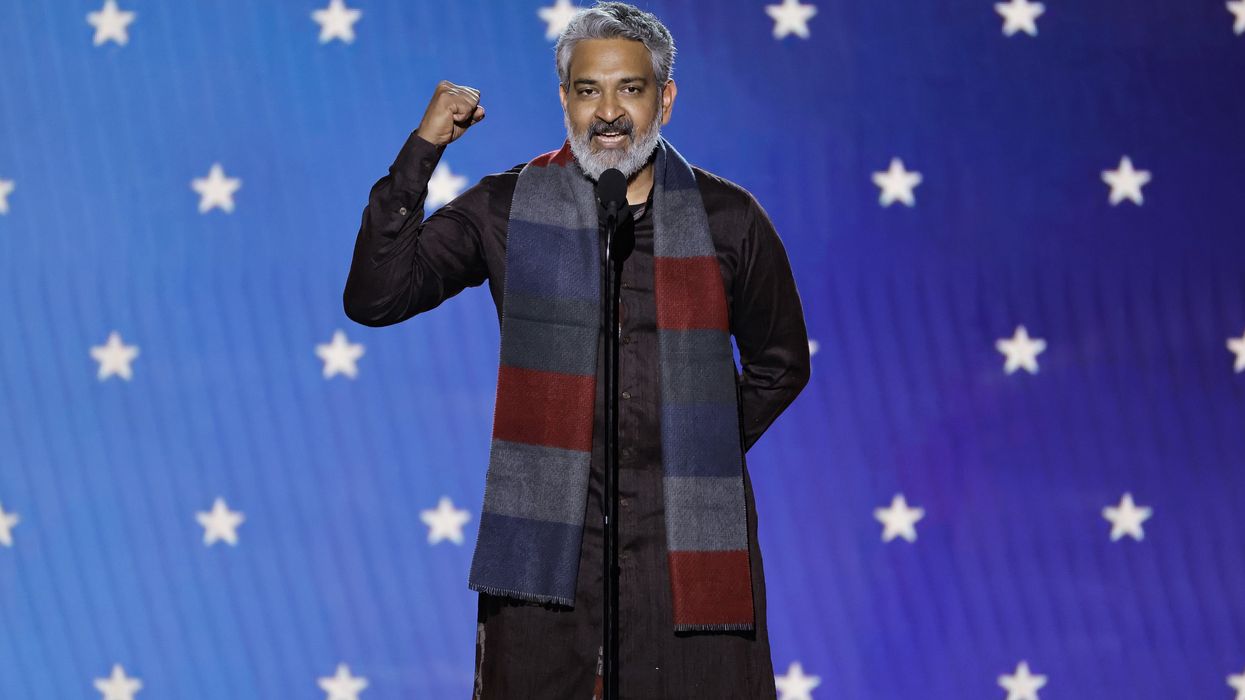SS Rajamouli has decided to take a new approach to storytelling with his upcoming film starring Mahesh Babu, Priyanka Chopra, and Prithviraj Sukumaran. Known for pushing boundaries in Indian cinema, the director has opted to move away from the two-part format that he popularised with Baahubali. Instead, he is crafting a single, expansive narrative for this ambitious project, which is expected to hit the screens in the summer of 2027.
The decision to keep the story within one film was made early in the project’s development. A source close to the production revealed that Rajamouli believes the two-part format has been overused by filmmakers as a way to maximise profits rather than serve the story. With this film, he aims to break that trend by presenting a complete and compelling narrative in a single instalment.

Set against the backdrop of Kashi and featuring a mix of mythology, adventure, and action, the film is designed to be a gripping cinematic experience. While many filmmakers extend their stories across multiple films to keep audiences invested, Rajamouli is confident that his screenplay can hold viewers’ attention for a longer duration without the need for a sequel. Reports suggest that the film will have a runtime of around 3 hours and 30 minutes, making it one of his longest projects yet, on par with RRR.
Filming is already underway, with the team having completed major sequences in Odisha’s forests. The director is also considering shooting in international locations to enhance the film’s scale and appeal. Rajamouli is reportedly in talks with global studios to bring an international dimension to the production, making it a true pan-Indian and global cinematic event.

As anticipation builds, the team is preparing to release an official announcement featuring actual footage from the film. This announcement video, currently in post-production, is expected to give fans their first look at the grand vision Rajamouli has for this project.
Adding to the excitement, both Mahesh Babu and Rajamouli have entered into a revenue-sharing agreement with producers D.V.V. Danayya and K.L. Narayana. This suggests that the makers are confident in the film’s potential to perform exceptionally well at the box office.
Prithviraj Sukumaran: The Malayalam icon takes on a pivotal role in Rajamouli’s grand cinematic spectacleInstagram
With Rajamouli at the helm, expectations are high. His decision to streamline the storytelling into a single epic film marks a bold shift in an industry where multi-part storytelling has become the norm. Fans and industry insiders alike are eager to see how this change will shape the future of Indian cinema.





